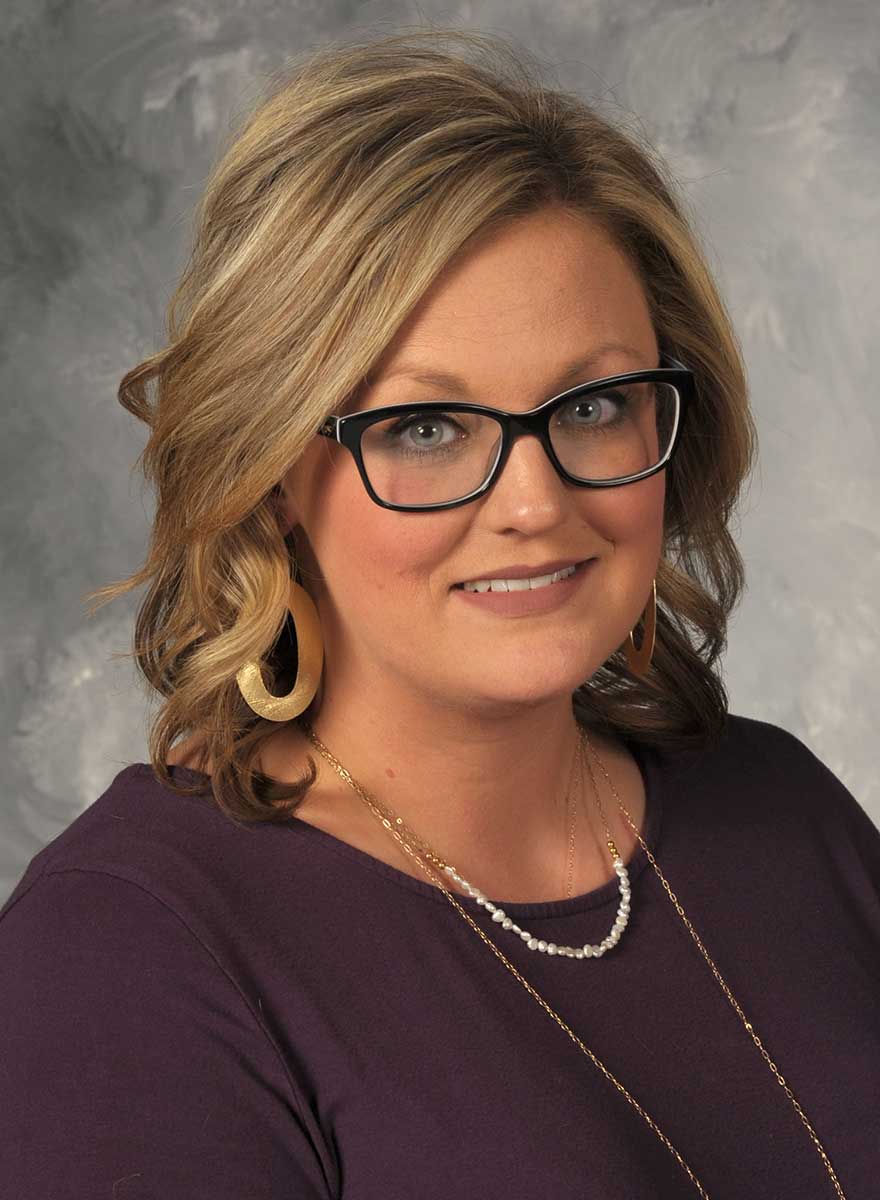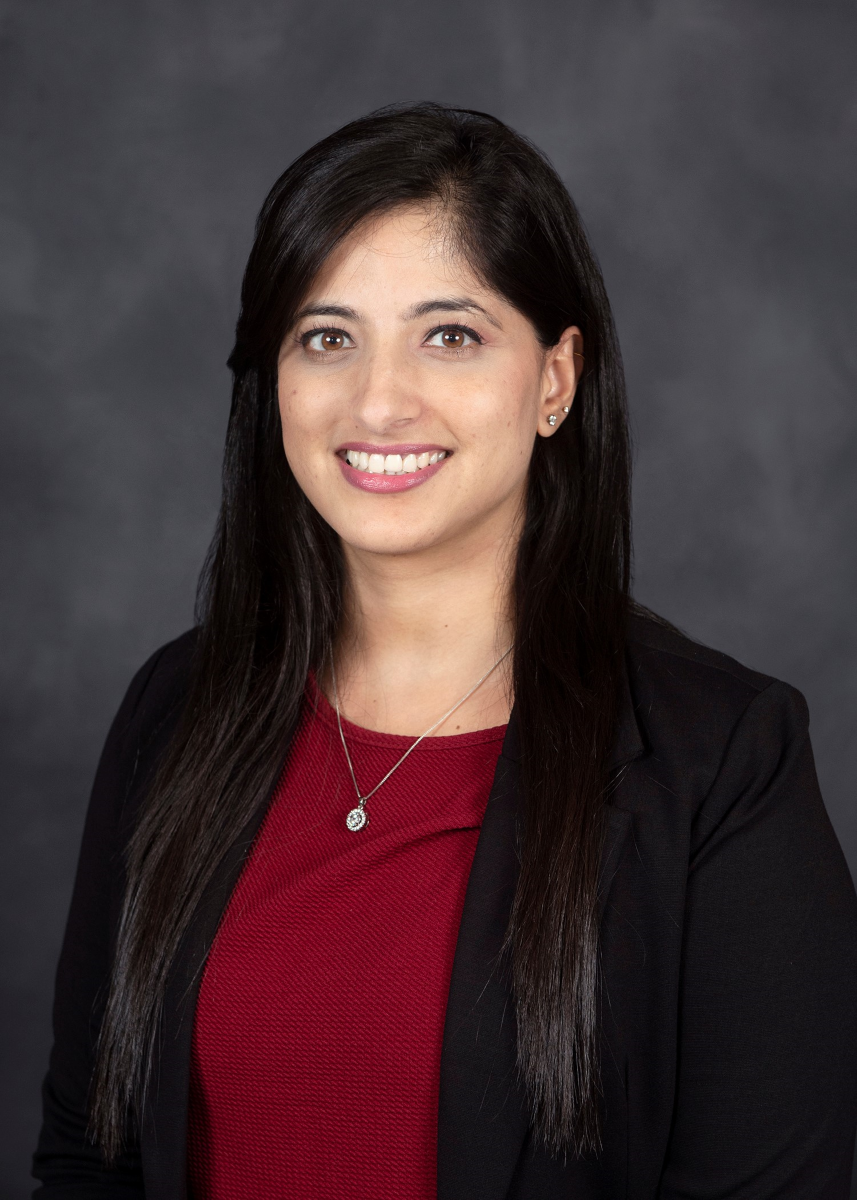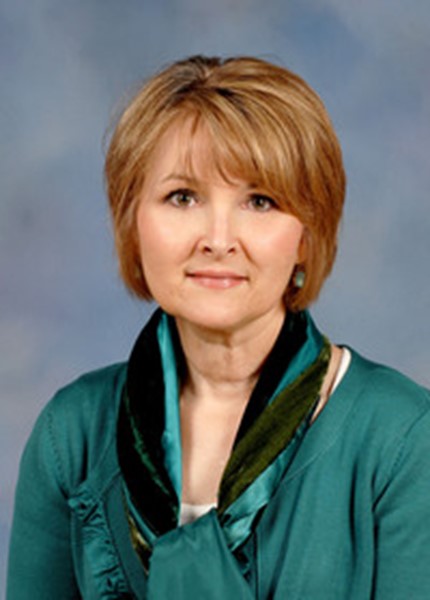Program Structure
The online Master of Science in Early Intervention requires a minimum of 30 semester hours which consists of 8 three-credit-hour courses and 6-credit hours of practicum experience.
These courses are offered in a synchronous format at this time, meaning it is required to attend these class at set dates and times listed in the Master Class Schedule.
Listed below is the tentative course schedule for the Master of Science in Early Intervention. Students should discuss course availability with their major professor prior to each registration period, as the schedule may change.
Core Curriculum Classes
| Course Number |
Course Title |
Hours |
|---|
| HDFS 8823 |
Advanced Theories of Human Development and Family Relations |
3 |
| AELC 8803 |
Application of Research Methods |
3 |
| HDFS 8113 |
Trends in Infant and Child Development |
3 |
| HDFS 8123 |
Effects of Poverty on Children and Families |
3 |
Early Intervention Content Courses
| Course Number |
Course Title |
Hours |
|---|
| HDFS 8503 |
Medical Aspects of Developmental Disability in Early Childhood |
3 |
| HDFS 8513 |
Inclusion & Family Centered Early Intervention |
3 |
| HDFS 8533 |
Instructional Strategies & Practice for Early Intervention |
3 |
| EDX 6813 |
Introduction to Assessment in Special Education |
3 |
| HDFS 8543 |
Practicum I |
3 |
| HDFS 8553 |
Practicum II |
3 |
Course Rotation
| Fall |
Spring |
Summer |
|---|
| HDFS 8823 Advanced Theories of Human Development and Family Relations |
HDFS 8123 Effects of Poverty on Children and Families |
HDFS 8513 Inclusion and Family Centered Early Intervention |
| HDFS 8503 Medical Aspects of Developmental Disability in Early Childhood |
AELC 8803 Application of Research Methods |
*HDFS 8553 Practicum II |
| EDX 6813 Introduction to Assessment in Special Education |
HDFS 8113 Trends in Infant and Child Development |
HDFS 8533 Instructional Strategies and Practice for Early Intervention |
| |
|
*HDFS 8543 Practicum I |
*Practicums can vary and may be offered to accommodate the student’s schedule
Practicum Experiences
The Early Intervention Practicums provide students with opportunities to learn and practice the various roles of the early interventionist in a variety of different settings and demonstrate competence as a beginning early interventionist.
Practicum I will focus on children birth to 36 months and Practicum II will focus on children 3 to 5 years old. Each student will work closely with an assigned university supervisor and a cooperating professional from their individual placement site.
The Practicum placement site should be determined one semester prior to registering for the practicum, as an affiliation agreement must be finalized prior to the beginning of the practicum experience. Practicum students will spend 8 – 10 hours a week at the practicum site for a full semester. Practicums may be available fall, spring, or summer semesters, depending on the student's schedule.
Other Requirements for Practicum Students:
All practicums require the student to spend time with children in natural, community, or school environments. To be eligible for participation in the practicum courses, the student must complete a Federal Background Check and Child Abuse Registry. The student will be provided with the necessary paperwork and instructions indicating how to complete the both required clearances.
These clearances must be finalized by the second semester of the student's program. If not finalized by the indicated dates, as per the academic advisor, the student will not be allowed to participate as a practicum student.
Furthermore, if a criminal infraction is identified on either of these clearances, the student will not be allowed to participate in the practicum courses. Additionally, if a student has an infraction on either or both of the required clearances (Federal Background Check and Child Abuse Registry), he or she should consult the Program Coordinator as early as possible for advice on whether he or she will be able to successfully complete the degree program. The University cannot guarantee that a person with criminal infractions on their clearances will be permitted to register for the practicum courses, thus not allowing the student to finish the program requirements.
Licensure
Teacher licensure is available for this degree from the Mississippi State Department of Education. Class AA
EITHER
- Hold a five-year educator license
- Complete a master's degree program in
Special Education/ Birth to Kindergarten
OR
Hold a master's degree in another area and complete an approved program for Special Education/Birth to Kindergarten
OR
- Complete an approved master's program for a degree in Special Education/Birth to Kindergarten
- Twenty-one (21) ACT equivalent or achieve the nationally recommended passing score on the Praxis CORE (Core Academic Skills for Educators) examination
- The Mississippi Board of Education has suspended all entrance and licensure testing requirements including ACT, PRAXIS CORE, PRAXIS Content, PLT, and Foundations of Reading for all applications submitted on or before December 31, 2021. This ruling applies whether there are previous test scores which are too low on file or not.
- Praxis II Principles of Learning & Teaching Test 5622
Licensure Guidelines
Comprehensive Exam
Students are required to pass an oral comprehensive examination covering all coursework included in the program of study during an online meeting. Students must be within the last 6 hours or in the terminal semester of coursework to take the examination.
The student, major professor, and committee will determine when to schedule this examination. The major professor will solicit possible questions from the instructors of all courses in the student's program of study. The examination should include a minimum of one question related to each of the classes the student has taken as part of the program of study.
The major professor will preside over the examination. Questions will be asked by the major professor, members of the student's committee, and any instructors of courses covered in the exam, depending on their availability to attend. The decision to pass or fail is solely that of the graduate committee. A majority vote is sufficient for a decision.









